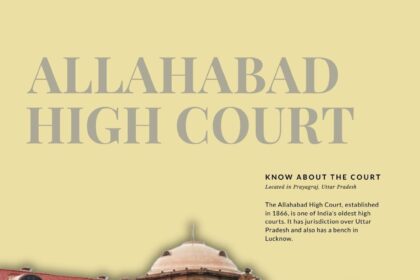Code: Section 166 BNS
Whoever abets what he knows to be an act of insubordination by an officer,
soldier, sailor or airman, in the Army, Navy or Air Force, of the Government of India, shall, if
such act of insubordination be committed in consequence of that abetment, be punished
with imprisonment of either description for a term which may extend to two years, or with
fine, or with both.
Explanation of Section 166 BNS
1. What is Insubordination?
Insubordination refers to a soldier, sailor, or airman defying orders, disrespecting superiors, or refusing to perform assigned duties in the military.
2. What Does This Section Punish?
- Abetment (encouraging, assisting, or persuading) of an act of insubordination.
- Knowledge that the act is unlawful or against military discipline.
- The actual commission of insubordination as a result of that abetment.
3. Who Can Be Punished Under This Section?
- Civilians or military personnel who knowingly encourage or support insubordination.
- Anyone who influences a soldier, sailor, or airman to disobey lawful orders.
4. Punishment for Abetment of Insubordination
- Imprisonment up to 2 years (either simple or rigorous).
- Fine (amount to be decided by the court).
- Both imprisonment and fine, depending on the severity of the act.
Illustration
Example 1: A Journalist Encourages Soldiers to Disobey Orders
A journalist publishes an article urging soldiers to refuse deployment orders due to political reasons. If soldiers act on this encouragement, the journalist can be charged under Section 166 BNS.
Example 2: A Retired Army Officer Instigates Rebellion
A retired officer tells active soldiers not to follow a general’s command, calling it unfair. If soldiers refuse orders due to this advice, the officer can be punished under this section.
Example 3: A Civilian Persuades an Airman to Disobey His Commander
A civilian tells an airman to ignore his commander’s instructions, claiming they are against personal beliefs. If the airman acts accordingly, the civilian can be punished for abetment of insubordination.
Common Questions and Answers on Section 166 BNS
1. Can a soldier be punished under this section?
Yes, if a soldier abets another soldier’s insubordination, they may be liable for punishment under Section 166 BNS.
2. What if the person abetting didn’t know it was insubordination?
If the person genuinely did not know that the act was insubordination, they may not be held liable under this section.
3. Is there a minimum punishment?
No, the law only provides a maximum sentence of 2 years but does not mandate a minimum punishment.
4. Does this section apply to all types of military offenses?
No, this section only applies to cases of abetment of insubordination, not other military crimes like mutiny or desertion.
5. Can an officer be charged under this section?
Yes, if an officer encourages or supports insubordination in any way, they can be prosecuted under this law.
Conclusion
Section 166 BNS ensures strict discipline in the armed forces by punishing those who encourage or assist in acts of insubordination. This provision helps maintain order and command structure in the Army, Navy, and Air Force.
For more detailed legal insights, visit ApniLaw today! 🚀








